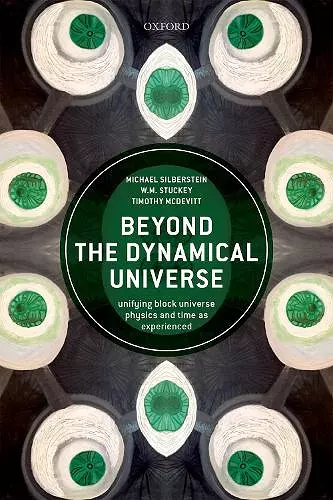Galileo in Rome
A Chronical of 500 Days
William R Shea author Prof Mariano Artigas author
Format:Hardback
Publisher:Oxford University Press
Published:15th Feb '18
Currently unavailable, and unfortunately no date known when it will be back

New research shows the true reason why galileo was condemned. Galileo is one of a small group of thinkers who transformed Western culture. But to be at the forefront of ideas was a dangerous position to take at the turn of the sixteenth century, bringing the philosopher into constant conflict with the might of the curch. Galileo made six long visits to Rome in an attempt to get the church on his side. He was anxious to raise his profile in the Eternal City, where he spent some 500 days, meeting the pope, high-ranking ecclesiastics, and members of the literary establishment as well as other scientists. It offers a regorous, but easy-to-understand, account of what happened during Galileo's visit to Rome. In the end, he overplayed his hand and the outcome was his dramatic condemnation by the church. Based on extensive archive research, the author paint a far more complex picture of the actions and motivations of both sides than has been published before, and show how it is that Galileo's failure to impress the church has not prevented him from becoming one of the leading thinkers of the day.
ISBN: 9780198807087
Dimensions: 237mm x 163mm x 29mm
Weight: 874g
448 pages